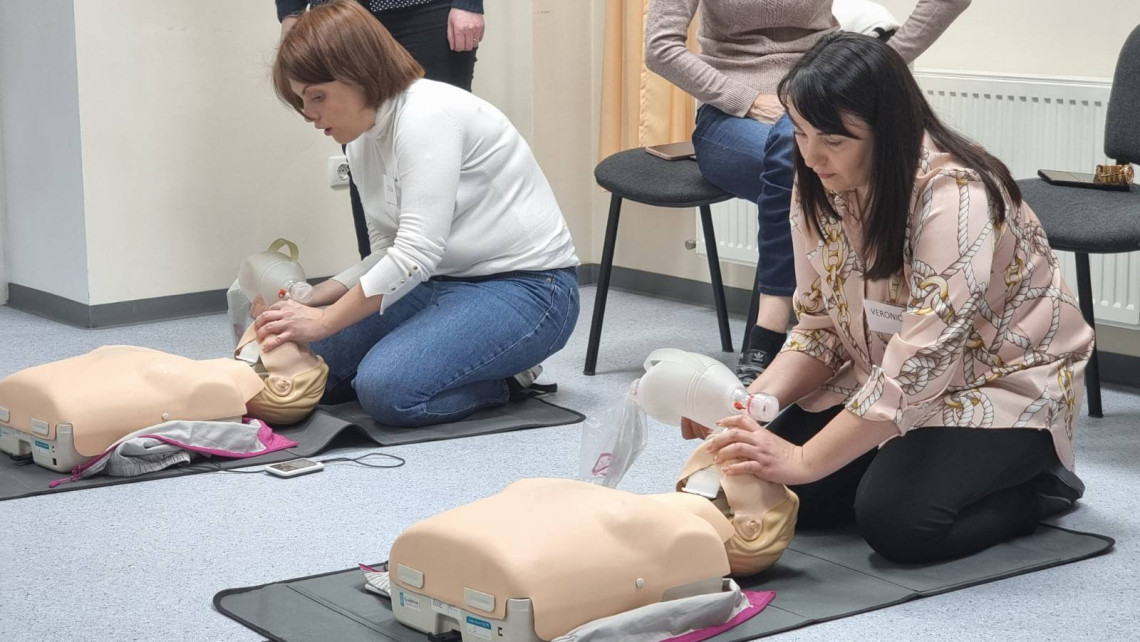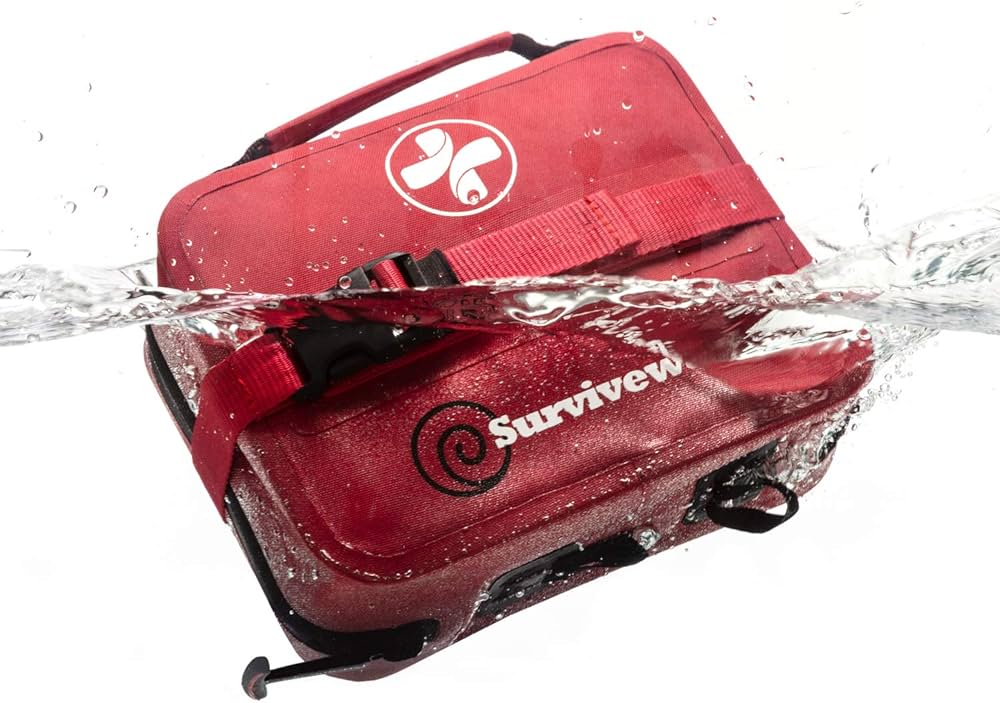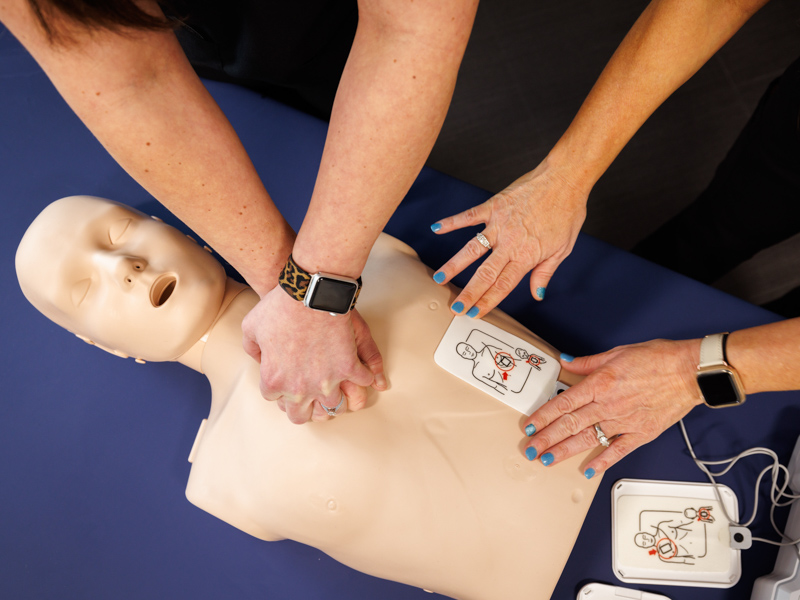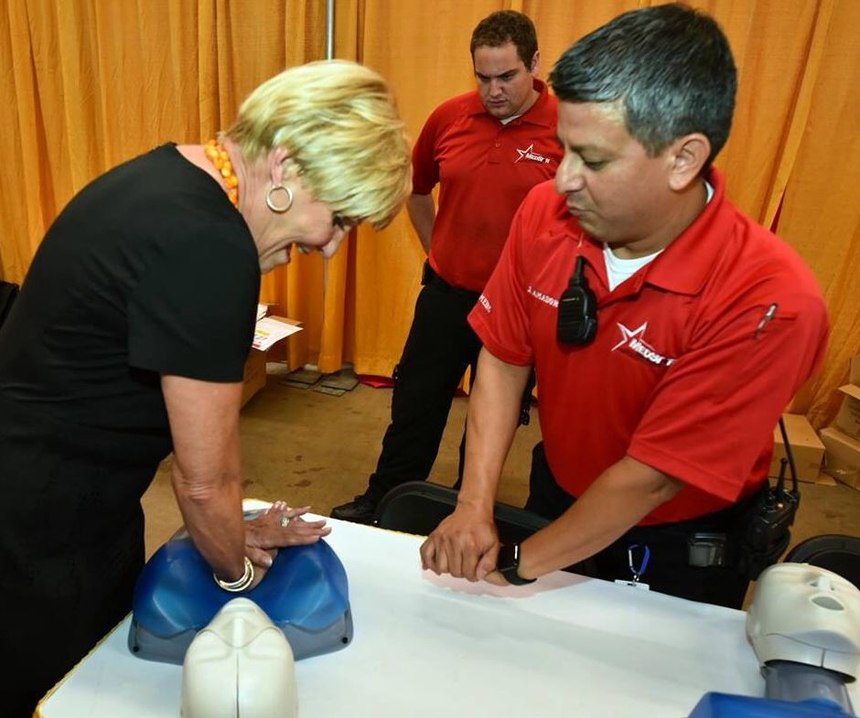In today’s world, it is more important than ever to be well-informed on the basics of first aid and CPR. With a skill for life, such as CPR and First Aid training, individuals can gain lifelong benefits that go beyond just being prepared for an emergency.
From learning how to respond to medical emergencies to developing confidence in one’s ability to help others in need, this training provides invaluable skills that will last a lifetime. This article will explore the importance of understanding these lifesaving techniques and how they can benefit everyone from young children to seniors alike.
The Life-Saving Benefits of CPR and First Aid Training

CPR and first aid training are skills that can save a life in an emergency. Yet, the benefits of these trainings extend far beyond the moment when they might be needed to revive someone or stop bleeding from a wound.
In addition to improving safety in times of crisis, CPR and first aid training also provide lifelong advantages for those who invest in it. Learning how to properly perform CPR and administer basic first aid can help people maintain their confidence by being prepared for any situation they may face throughout life. Furthermore, having certification in CPR and first aid shows employers that you know necessary to take charge if an accident were to happen on the job site.
Finally, knowing these skills is especially important for parents with young children as it gives them peace of mind knowing they’re equipped with what could be lifesaving knowledge should an unexpected event occur around their family. The long-term rewards of learning CPR and first aid combined with its potential life-saving capabilities make investing time into this type of training invaluable.
Developing Lifelong Skills Through CPR and First Aid Training

CPR and First Aid training can provide anyone with lifelong skills that could potentially save a life. From knowing the basics of CPR to how to properly attend to an emergency, these courses are invaluable for individuals looking to develop their skill set.
Not only will participants learn basic lifesaving techniques, but they can also gain valuable insight into human anatomy, medical terminology, and methods on how best to respond in various situations. Additionally, the knowledge gained from taking part in a CPR or First Aid course will stay with them throughout their lifetime; allowing them not just to help themselves out of potential danger but others too.
The benefits of taking such courses go beyond learning technical skills; it is about developing confidence in one’s ability when faced with difficult circumstances. With the right education and practice comes an increased sense of self-assurance which allows people who have taken part in these courses to feel better prepared when dealing with any kind of situation requiring first aid or CPR intervention.
Furthermore, by receiving this type of instruction at an early age – whether through school or community programs – younger generations may be more likely to retain the information as they grow older – resulting in a society where everyone has access to vital lifesaving abilities regardless of age or background.
Unlocking the Power of Preparedness with CPR and First Aid Training

When it comes to being prepared for any situation, CPR and first aid training are key tools. These courses provide individuals with the knowledge and skills they need to respond quickly and effectively when faced with a medical emergency or other life-threatening situation.
From basic resuscitation techniques to more advanced treatments, students of these programs gain the confidence needed to take action during urgent situations. CPR and first aid training also offer an invaluable opportunity for lifelong learning.
Students learn how their bodies react in times of stress, what physical signs indicate a medical issue is present, as well as how best to handle difficult scenarios while staying calm under pressure. By mastering these lessons now, individuals are better able to assess potential risks ahead of time so that they’re equipped with the necessary skills if disaster strikes unexpectedly at some point down the line.
Furthermore, CPR and first aid certifications can help ensure safety not just for oneself but for others around them too; those who have been trained may be called upon by friends or family members in distress or become part of larger efforts such as volunteer work related to health care or emergency relief services provided by organizations like The Red Cross Society. In addition, many employers require employees who work in certain professions (e.
g., teachers) or industries (e.
g., hospitality) to possess current certification before hiring them—making one’s qualification incredibly useful both professionally and personally throughout life!
The Advantages of Learning CPR and First Aid for a Lifetime

Learning Cardiopulmonary Resuscitation (CPR) and first aid techniques can be invaluable life skills. Not only are they essential during an emergency to help save a person’s life, but also provide a sense of security and confidence in one’s abilities.
With CPR and first aid training, individuals gain the knowledge that could make the difference between life and death for someone in need of medical attention. The advantages of having this skill set for a lifetime are numerous.
For instance, when faced with an unexpected or dangerous situation, one can respond quickly without panic or hesitation due to their preparedness from prior knowledge gained through training. Additionally, being certified in CPR gives individuals access to job opportunities that may not have been available before; such as becoming a volunteer firefighter or even working as a nurse or doctor at certain hospitals.
Furthermore, those who practice these lifesaving skills regularly will remain up-to-date on current standards should any changes occur within the field over time due to advances in technology or medicine. In short, learning CPR and first aid has lasting benefits for both personal safety as well as professional advancement possibilities – from increased confidence when it comes to potentially hazardous situations to career growth opportunities that may open up thanks to certification obtained through formal instruction.
It truly is a skill worth mastering!
Invest in Your Future: Why You Should Learn CPR and First Aid

Learning CPR and First Aid is an investment in your future. It’s a skill that can be used in almost any situation, whether it’s on the job or at home.
While saving lives may be the most obvious benefit of learning these life-saving skills, there are many other advantages to being trained in CPR and First Aid. The knowledge you gain from taking courses such as these could save someone’s life one day, but it will also give you peace of mind knowing that you can help another person if they need it.
Being trained means that no matter where you are or what kind of emergency arises, you’ll know how to react swiftly and appropriately. You won’t feel helpless should something happen because you’ll have confidence in knowing how to respond effectively.
CPR and First Aid training can also open up new career opportunities for those looking for work in healthcare or medical fields like nursing or emergency services personnel jobs. Knowing how to administer first aid when needed will make employers take notice during interviews; showing them your commitment to helping others proves the dedication that many workplaces look for when hiring staff members with specialized skill sets.
Additionally, having a background certification in CPR and First Aid can be beneficial if ever involved in an accident outside of work—this could help speed up response times since bystanders with this knowledge would already know what steps need to be taken until professional medical assistance arrives on the scene. In summary, investing time into learning CPR and First Aid pays off both now and later: not only does it provide peace of mind while giving people more confidence should they ever find themselves faced with an emergency, but employers often prefer individuals who possess these kinds of qualifications over those without them—making them a valuable asset when searching for employment opportunities!
Conclusion

CPR and First Aid Training are essential life skills that everyone should possess. Everyone should enroll in a course to acquire these important skills.
https://cprcertificationnow.com offers online courses which make it easy to get certified. The training can help you save lives in any type of emergency, making it invaluable for everyone to have this skill set.
It is also beneficial in the long run as the certification never expires, allowing people to keep their knowledge up-to-date on lifesaving techniques.




